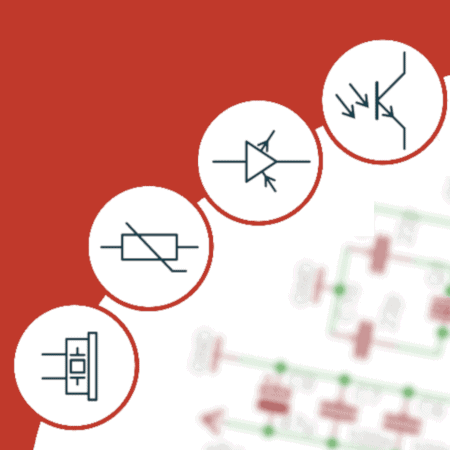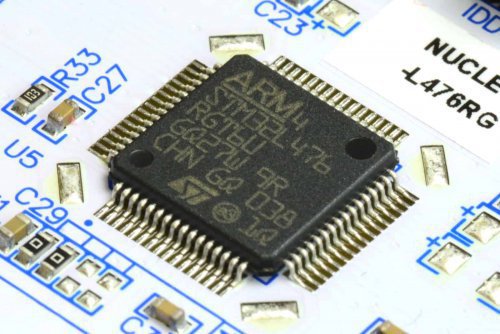STM32F103 (środowisko CooCox) - zmiana wartości rozmiaru stosu
-
Quizy
-
Najnowsze posty w innych tematach
-
- 1 odp.
- 111 wyświetleń
-
Kurs Arduino II - #9 - wielozadaniowość, opóźnienia z millis() 1 2 3 4 5
Przez Komentator, w Artykuły redakcji (blog)
- 73 odp.
- 16 376 wyświetleń
-
Kurs elektroniki II - #2 - przyciski, diody RGB, kontaktron 1 2 3 4 6
Przez Komentator, w Artykuły redakcji (blog)
- 86 odp.
- 18 463 wyświetleń
-
Obsługa wyświetlacza ciekłokrystalicznego HD44780, 2x16 po magistrali I2C 1 2
Przez rafal220, w Arduino i ESP
- 18 odp.
- 266 wyświetleń
-
- 13 odp.
- 310 wyświetleń
-







Pomocna odpowiedź
Dołącz do dyskusji, napisz odpowiedź!
Jeśli masz już konto to zaloguj się teraz, aby opublikować wiadomość jako Ty. Możesz też napisać teraz i zarejestrować się później.
Uwaga: wgrywanie zdjęć i załączników dostępne jest po zalogowaniu!